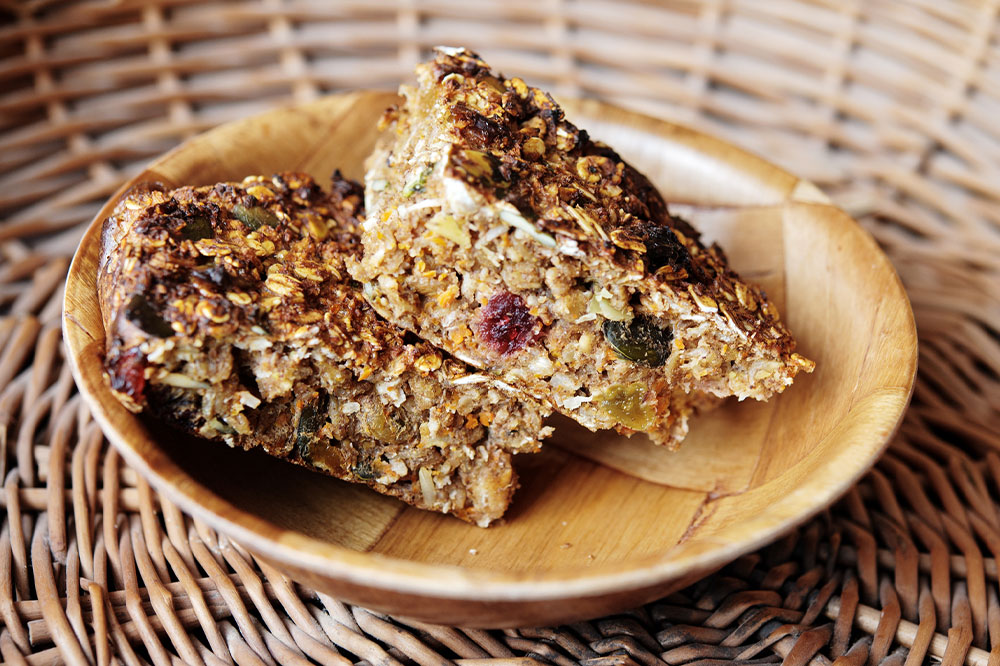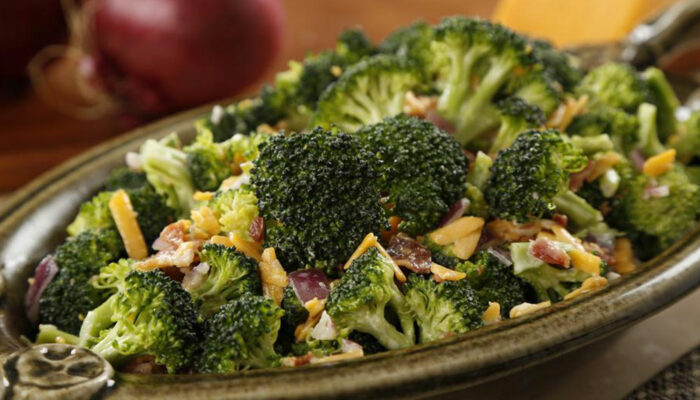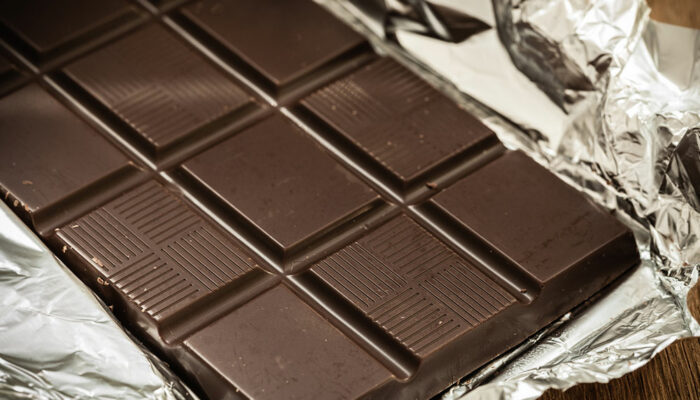
Foods to Help Relieve GERD
For people with gastroesophageal reflux disease, a diet change can help in controlling the symptoms. A well-balanced diet, including high fiber, proteins, and less fatty food can significantly affect acid reflux. Eating healthy, small, and frequent meals is also good for your overall health. Prevent acid reflux and ease your symptoms by including the following foods to eat for GERD.
- Whole grains
Whole grains are healthy complex carbs and are great foods to eat for GERD. Rice, couscous, oatmeal, brown rice, and quinoa are some whole grains that are good sources of fiber. - Vegetables
Both green vegetables and root vegetables are also great sources of digestible fiber. Sweet potatoes, carrots, beets, broccoli, potatoes, kale, and asparagus can be included in the GERD diet, which may help absorb stomach acid. - Legumes
Lentils, beans, peas, chickpeas, and other legumes are full of protein, vitamins, minerals, and fiber and are great for easing the symptoms of GERD. - Fruits
Apples, pears, avocados, melons, peaches, bananas, and watermelons are high in fiber, magnesium, and potassium and help in reducing stomach acid. - Probiotics
By including foods that contain natural probiotics such as yogurt, which is also a good source of proteins, GERD symptoms can be relieved. Eating raw sauerkraut and kimchi, and drinking kombucha, which is a fermented tea drink can promote the growth of healthy bacteria in the gut that helps facilitate digestion. - Dairy foods
Instead of full fat or skim milk, opt for low fat or fat-free milk, cheese, or ice creams, which are good options for a GERD diet. Other alternatives are soy or almond milk, which is also lactose-free. - Proteins
Egg whites are good for people with GERD and are a great source of protein as well. Also, lean meats and fish that are grilled, boiled, or baked are also a great addition to a GERD diet. - Healthy fats
Healthy fats such as olive oil, sesame oil, and sunflower oil are good choices for a GERD diet as they provide essential nutrients. - Nuts and seeds
Nuts and seeds are other healthy foods to eat for a GERD diet that may help absorb stomach acid. Almonds, peanuts, chia, and flaxseeds are some great options. - Mild herbs, spices, and seasonings
Mild, fresh, or dried herbs can be included in a GERD diet like basil, parsley, oregano, which will not only add flavor to the food but will also affect your acid reflux. - Beverages
Water and herbal teas are the best beverages for people with GERD. Chamomile tea, fennel tea, and ginger tea are soothing teas that can be had after meals, which can help alleviate reflux.
Create your own diet plan comprising of foods to eat for GERD, which will not only keep you free from the symptoms but will also make way for a healthier eating lifestyle. Along with controlling your diet, making certain lifestyle changes can also help in managing the symptoms of GERD.



